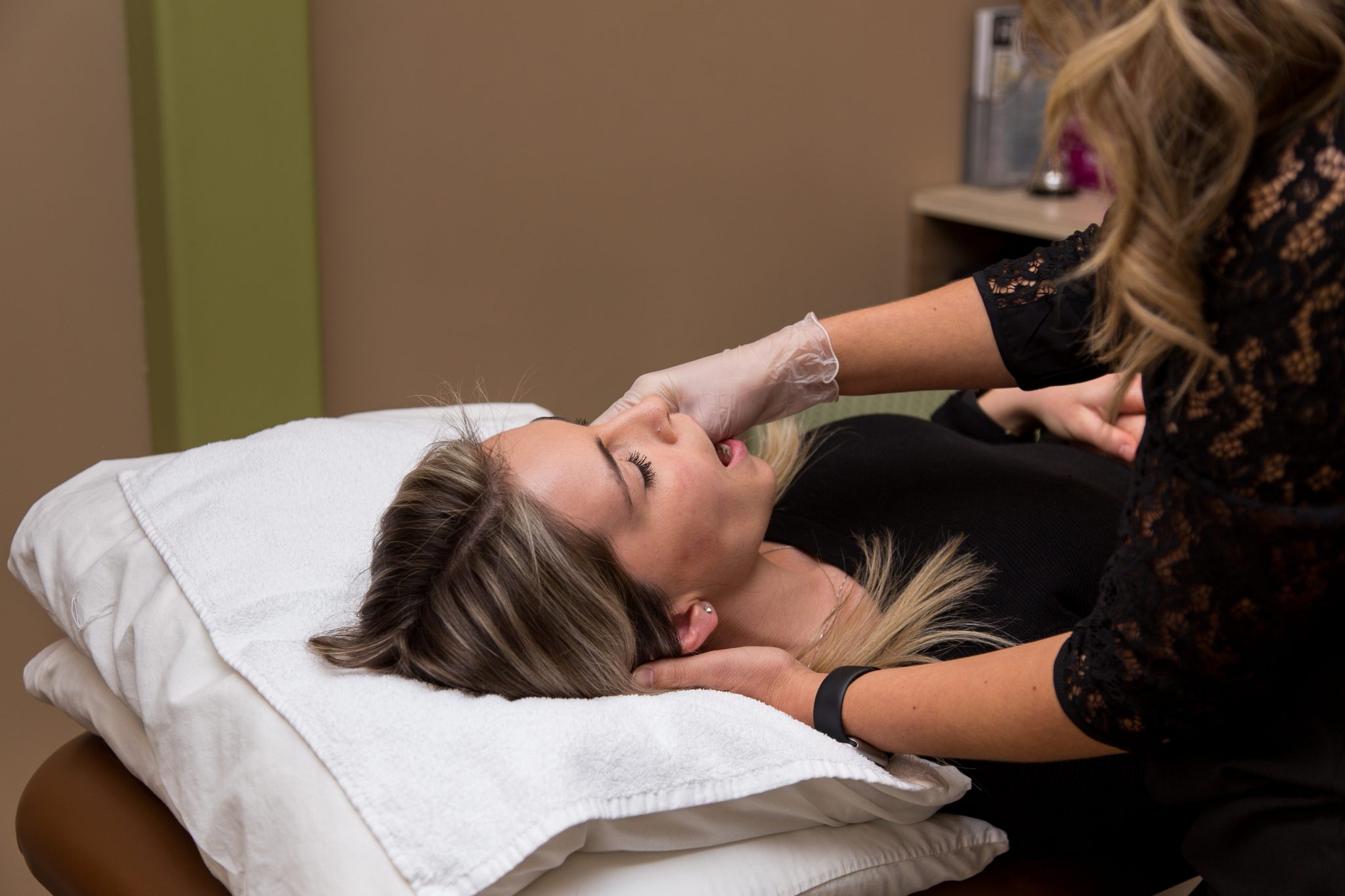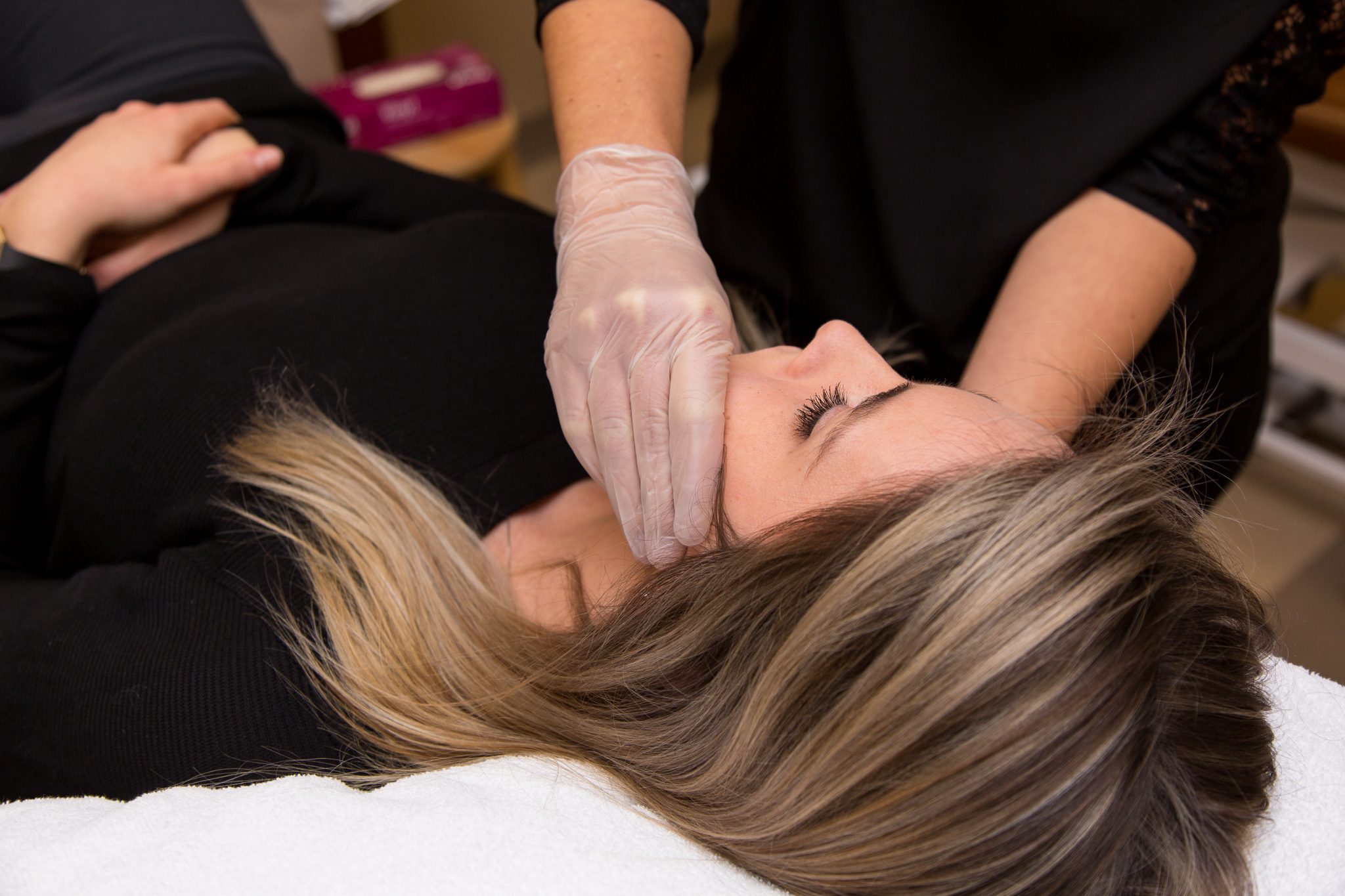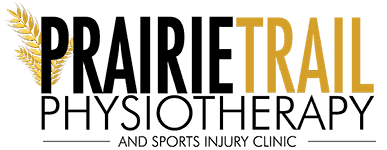Temporomandibular Joint Disorder (TMD)
Also referred to as TMJ (temporomandibular joint) syndrome. Jaw pain is a very common problem. These symptoms can range from mild discomfort to severe pain with jaw restriction and locking. TMD can interfere with eating, laughing, yawning and even talking.
Making an accurate diagnosis of your TMD is essential so an effective treatment regime can be implemented for your particular symptoms. Your physiotherapist will assess your jaw joint and muscles, your neck and your posture. Your dentist should also assess your bite and any unusual or excessive wearing of your teeth.
Physiotherapy treatment will be different for each patient depending on their symptoms. The focus is to relieve pain, reduce swelling and muscle spasm, and restore jaw movement and alignment. ALSO…It can often be the cause of chronic headaches!
It is also important to treat associated neck pain and headaches and to improve neck posture. Some people with TMD have a neck forward posture. As the neck goes forward the jaw muscles drag the jaw backward, causing strain to the jaw joint and eventually pain, swelling, and irritation.


Start Helping Your Pain Now:
- Avoid eating food that requires heavy chewing.
- Keep teeth slightly apart when resting to reduce grinding & clenching.
- Avoid resting your jaw on your hand when you are sitting.
- Improve your posture. Avoid Slouching.
- With physiotherapy, most people will see a significant improvement in their symptoms within 3-5 weeks.
Pain From The Jaw May Be Felt In The:
- Jaw Joint
- Face
- Head
- Ears
- Neck
